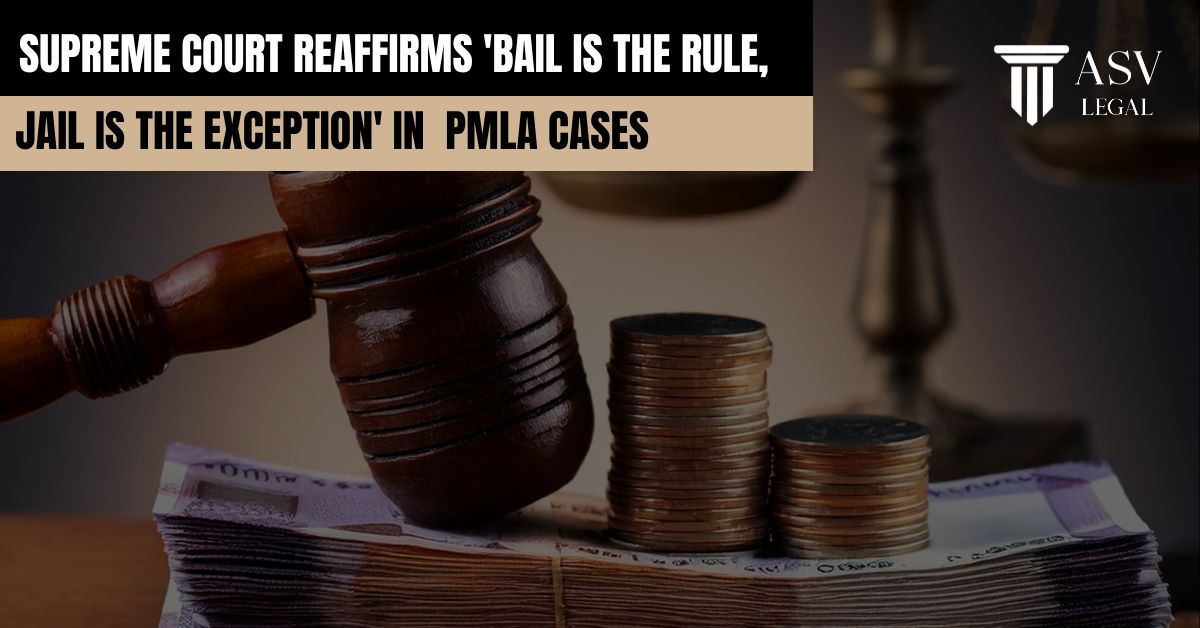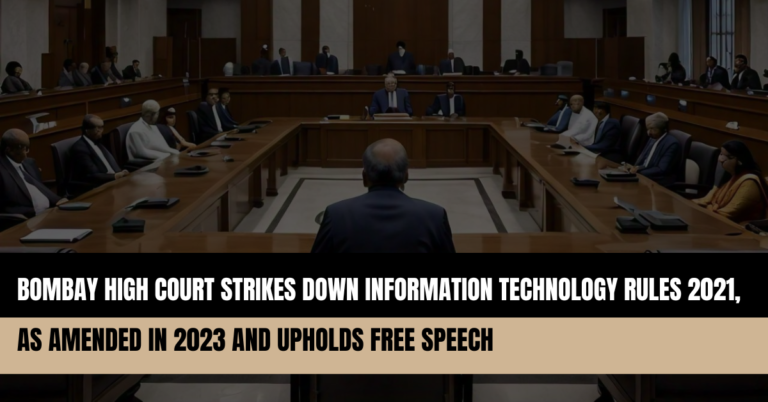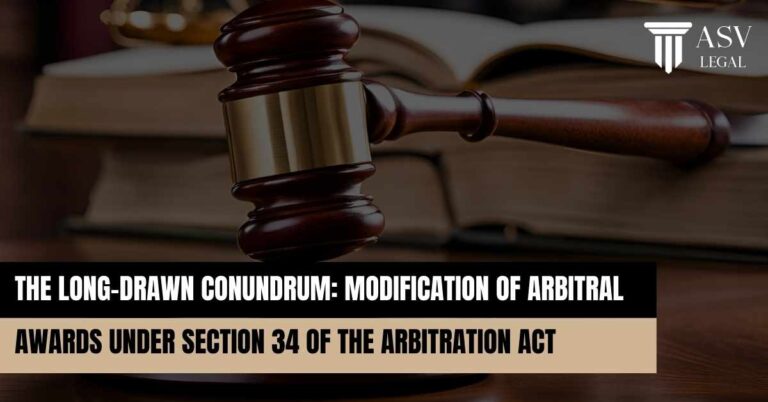Written By: Suvangana Agarwal
New Delhi, [01.09.2024] — The Supreme Court, on Wednesday (28.08.2024), underscored the applicability of the legal principle “bail is the rule, jail is the exception” in cases under the Prevention of Money Laundering Act (PMLA) 2002. The ruling came in the case of Prem Prakash v. Union of India through the Directorate of Enforcement[1], where the Court granted bail to Prem Prakash (an alleged aide of Jharkhand Chief Minister Hemant Soren in a money laundering case), an accused in a PMLA case filed by the Enforcement Directorate (ED) in Jharkhand.
The bench, composed of Justices B R Gavai and K V Viswanathan, referred to the Supreme Court’s landmark decision in Vijay Madanlal Choudhary and Ors. v. Union of India and Ors[2], which upheld the constitutional validity of the PMLA and affirmed the powers granted to the ED under the Act.
In delivering the judgment, Justice Viswanathan clarified that although Section 45 of the PMLA imposes restrictions on granting bail, these conditions do not create an insurmountable barrier. He stressed that “bail is the rule and jail is the exception” remains a guiding principle, even under the PMLA framework.
This principle, Justice Viswanathan pointed out, was recently reaffirmed in the Court’s decision in Manish Sisodia (II) Vs. Directorate of 8 Enforcement[3] on 09.08.2024, where bail was granted to former Delhi Deputy Chief Minister Manish Sisodia in cases initiated by the Central Bureau of Investigation (CBI) and the ED. The Court had noted that the judiciary is overwhelmed with bail petitions due to the reluctance to grant bail even in straightforward cases, leading to increased judicial backlog. The Court urged trial courts and High Courts to adhere to the principle that “bail is the rule and jail is the exception.”
Justice Viswanathan further elucidated that Section 45 of the PMLA merely mandates that specific conditions must be satisfied for bail. This principle aligns with Article 21 of the Constitution of India, which safeguards an individual’s right to life and personal liberty, stating that no one shall be deprived of these rights except through a procedure established by law. The deprivation of liberty, the Court emphasized, must be the exception, not the norm, and can only occur through a valid and reasonable legal procedure.
The bench also highlighted that in situations where an accused has been in custody for an extended period, with no prospect of the trial concluding soon, the stringent conditions under Section 45 of the PMLA can be relaxed to grant conditional bail. The Court warned that prolonged pre-trial detention, as emphasized in the Sisodia case, risks violating Article 21 and could turn pre-trial incarceration into punishment without trial.
In the Vijay Madanlal Choudhary judgment, the Supreme Court outlined that the prosecution must establish three fundamental facts: first, the commission of criminal activity related to a scheduled offense; second, that the property in question was derived or obtained as a result of that criminal activity; and third, that the accused was involved in the process or activity related to the said property, making it the proceeds of crime.
The Supreme Court, in its Wednesday ruling, stressed the importance of these foundational facts in PMLA bail matters. It stated that when opposing a bail application, the prosecution must present a clear and cogent case demonstrating these facts to assist the court in making an informed decision under Section 45. Only after establishing these facts does the presumption under Section 24 arise, shifting the burden onto the accused to prove their innocence.
Additionally, the bench made a significant observation regarding statements made by an accused in custody under the PMLA. The Court ruled that any statement given to the same investigating agency that has custody of the accused is inadmissible as evidence against them. Justice Viswanathan noted that an accused in custody is not in a position to act freely, making it unsafe to rely on such statements. He stressed that this approach aligns with the principles of fair play and justice.
The judgment is seen as a reaffirmation of the Supreme Court’s commitment to upholding constitutional rights, particularly the right to personal liberty, even in the context of stringent laws like the PMLA.
[1] Prem Prakash v. Union of India through the Directorate of Enforcement (SLP (Crl.) No. 5416/2024)
[2] Vijay Madanlal Choudhary and Ors. v. Union of India and Ors ((2022) SCC OnLine SC 929)
[3] Manish Sisodia (II) Vs. Directorate of 8 Enforcement Criminal Appeal No. 3295 of 2024



